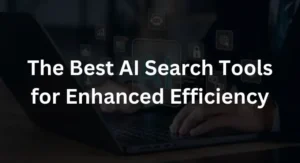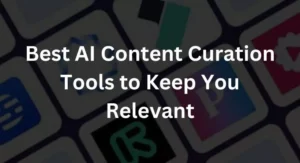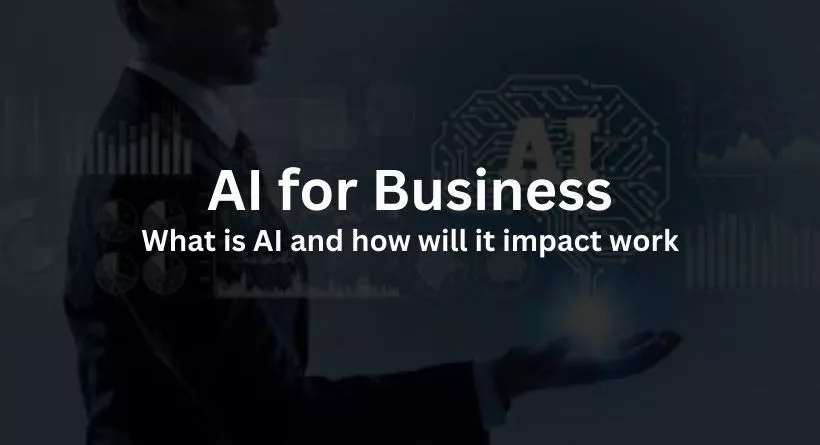
In today’s rapidly evolving digital landscape, AI (Artificial Intelligence) is making significant waves, particularly in the business world. From automation to data analysis, AI is changing the way businesses operate and is poised to revolutionize the nature of work. In this article, we’ll explore what AI is and delve into its potential impact on businesses and the workforce.
Understanding AI for Business
Artificial Intelligence, often abbreviated as AI, refers to the development of computer systems capable of performing tasks that typically require human intelligence. These tasks include problem-solving, learning, and decision-making. In the context of business, AI encompasses a wide range of technologies, such as machine learning, natural language processing, and computer vision.
The Evolution of AI
AI has come a long way since its inception. It has evolved from rule-based systems to machine learning algorithms. The ability to analyze vast amounts of data and make predictions has unlocked new possibilities for businesses. As AI technologies continue to advance, the applications are expanding.
How AI Works
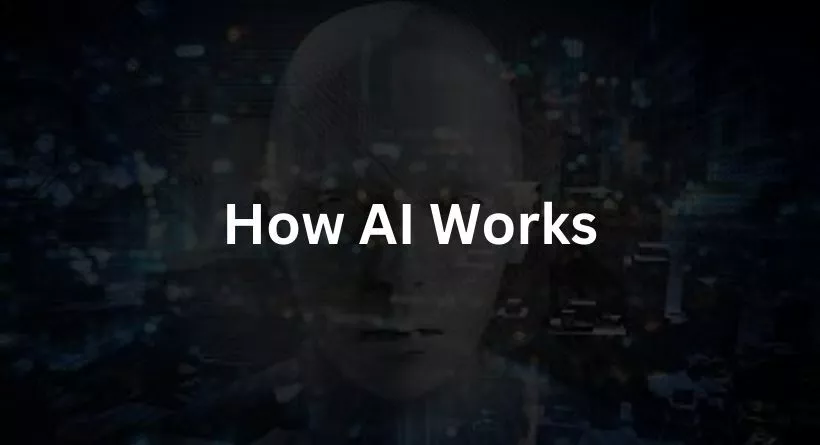
AI systems work by processing and analyzing large datasets to identify patterns and make predictions. Machine learning, a subset of AI, involves training algorithms on data to improve their performance. These systems can then automate tasks, like data entry and customer support, making business operations more efficient.
AI Applications in Business
The applications of AI in business are wide-ranging. From chatbots providing customer support to recommendation engines, businesses use AI to enhance customer experiences. Additionally, AI aids in predictive analytics, helping companies make informed decisions and improve supply chain management.
You may also like reading: The Impact of AI on Business
Benefits of AI for Business
The adoption of AI offers several benefits for businesses. It can streamline operations, reduce costs, and increase productivity. AI-driven insights can provide a competitive edge by optimizing marketing strategies and tailoring products and services to customer preferences.
Challenges of Implementing AI
While AI offers numerous advantages, its implementation is not without challenges. Businesses need to address concerns related to data privacy, security, and the ethical use of AI. Furthermore, the costs of implementation and the need for skilled professionals are hurdles that companies must overcome.
AI and the Future of Work
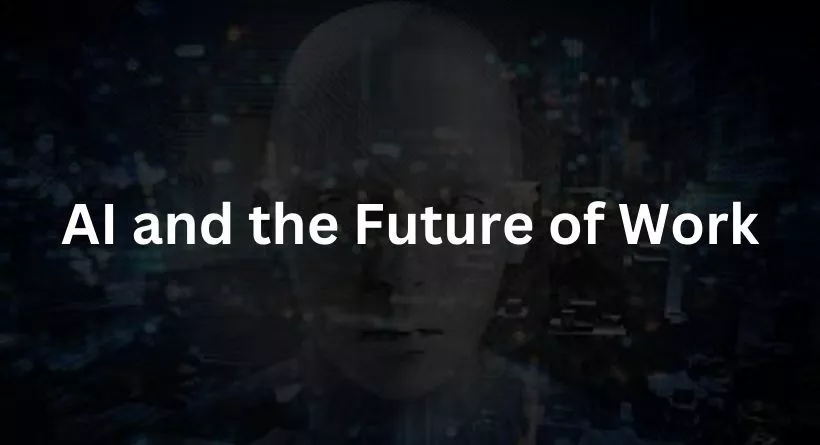
One of the most significant questions surrounding AI is its impact on the workforce. While AI can automate repetitive tasks, it also creates new job opportunities in AI development, data analysis, and AI ethics. The future of work will likely require adaptability and continuous learning.
Preparing for an AI-Driven Future
To prepare for an AI-driven future, businesses must invest in employee training and development. They should also create strategies for integrating AI into their operations. Collaboration between humans and AI is key to harnessing the full potential of this technology
AI Ethics and Responsibility
The ethical use of AI is a crucial consideration. As AI becomes more integrated into business processes, companies must uphold ethical standards, ensure transparency, and avoid biases in AI algorithms. Responsible AI use is not only an ethical obligation but also a competitive advantage.
Conclusion
In conclusion, AI is reshaping the business landscape, offering transformative potential. Its impact on work is profound, presenting opportunities and challenges alike. To thrive in this AI-powered era, businesses must embrace AI responsibly, invest in their workforce, and adapt to the changing dynamics of the workplace
FAQs
What is AI, and how does it differ from automation?
AI involves machines that can learn and make decisions, while automation simply involves the execution of predefined tasks.
Can AI completely replace human workers?
AI can automate certain tasks, but it also creates new roles and opportunities in AI development and oversight.
What industries are most affected by AI adoption?
Industries such as healthcare, finance, e-commerce, and manufacturing are significantly impacted by AI.
How can businesses address the ethical concerns surrounding AI?
Businesses can establish ethical AI guidelines, ensure transparency, and regularly audit AI systems for biases.
What skills will be essential for the workforce in an AI-driven future?
Skills like data analysis, AI development, and adaptability will be crucial for the workforce in the AI era.
